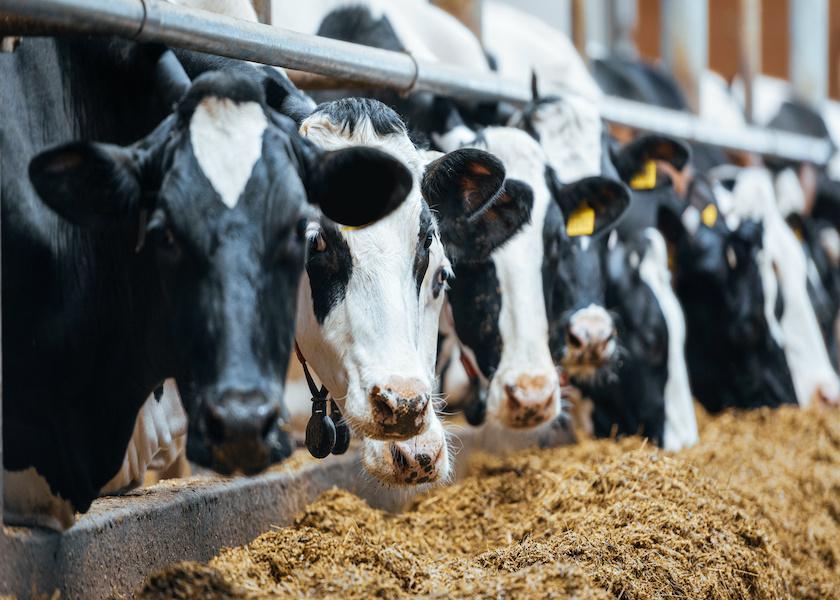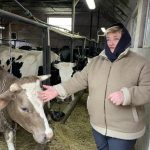
According to IFCN, five important trends that will influence dairy market demand and price behavior for 2023 are:
- Macro-economic developments are pressuring the dairy industry – The World Bank has predicted a prolonged economic slowdown across the globe starting in 2023. Both inflation and currency devaluation are suppressing income levels. Plus, soaring energy and food costs are gobbling up a greater share of income revenues, leaving less availability of discretionary income.
- Inflation is fueling milk-price volatility – World milk prices hit record high levels in 2022, thanks to demand outstripping supply, especially in the first half of the year. However, demand has declined since then due to those high prices, plus recession jitters and continued ballooning inflation.
- High farm input costs are tempering farmers’ moods and investments – For the second consecutive year, dairy farmers are grappling with significantly higher input expenses. Feed costs; fuel and fertilizer prices; and other crop input expenses show little chance of improving this year.
- Declining affordability is worsening food insecurity – In many regions of the world, it is growing increasingly challenging for consumers to purchase dairy products. In medium- and low-income countries, that eroding purchasing power will drive many consumers to forego dairy products in favor of more basic staples like grains.
- Challenges are promoting dairy efficiency – High production costs are forcing dairy farmers and industry to adapt their practices to survive. Dairy farmers are working to trim their operating costs with various approaches, including changing feed rations and using less fertilizer. Both could ultimately lower overall productivity. IFCN analysts noted that, “although it is a tough situation, it can have positive effects on some farms where they seek solutions by implementing new technology, better genetics, and improving farming practices. The current situation also raises the importance of risk management and including farmers in more risk-management tools.
Finally, the wildcard in the 2023 dairy picture: China. IFCN said Chinese dairy demand and commensurate imports by China were instrumental in driving global milk prices upward in 2020/21. But demand dropped in similarly dramatic fashion in 2022, and remains suppressed as rising COVID cases and strict lockdowns in some urban areas in early 2023. How that picture – plus the political climate with China – plays out for the rest of the year could have significant influence on dairy demand and value.

























